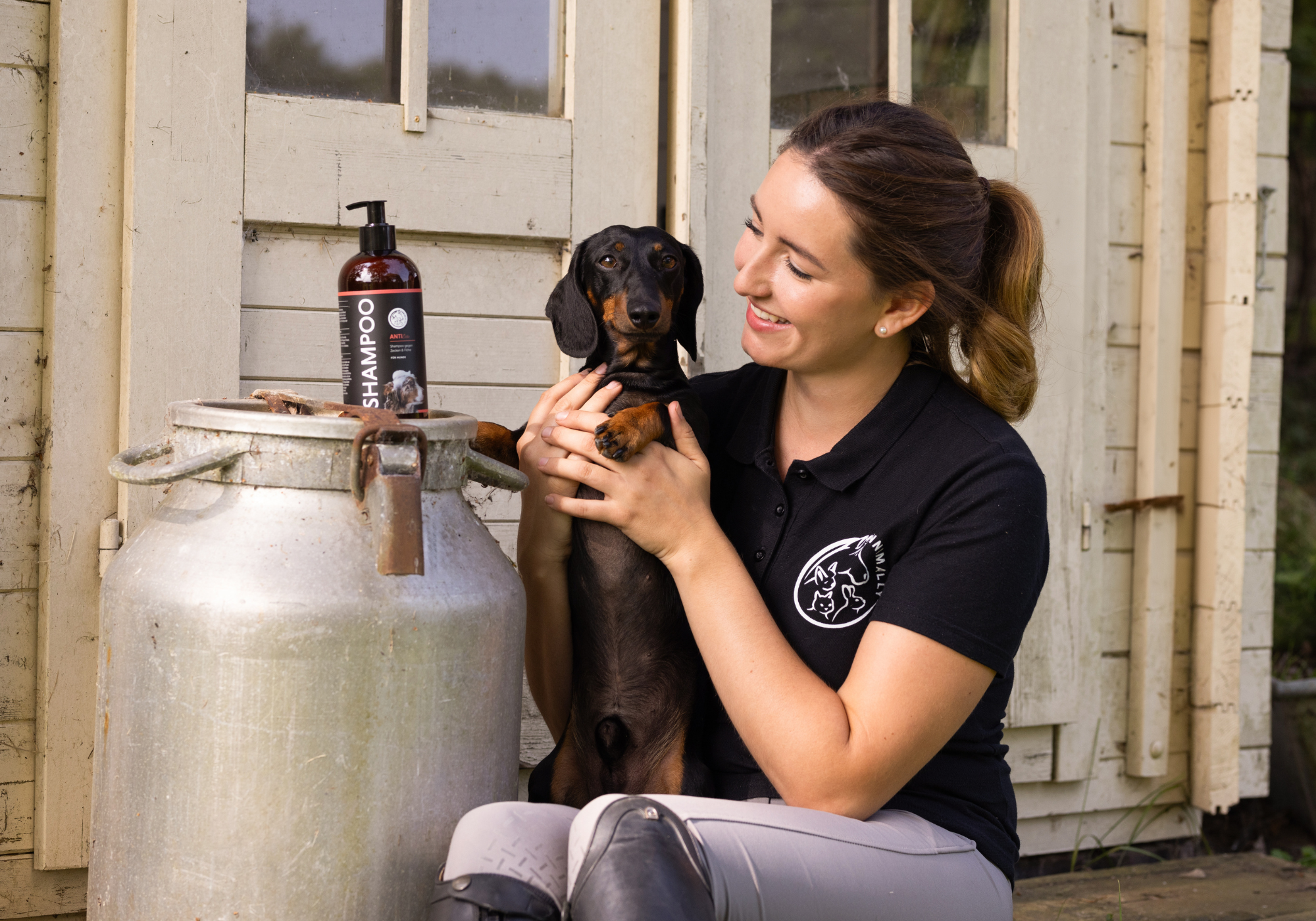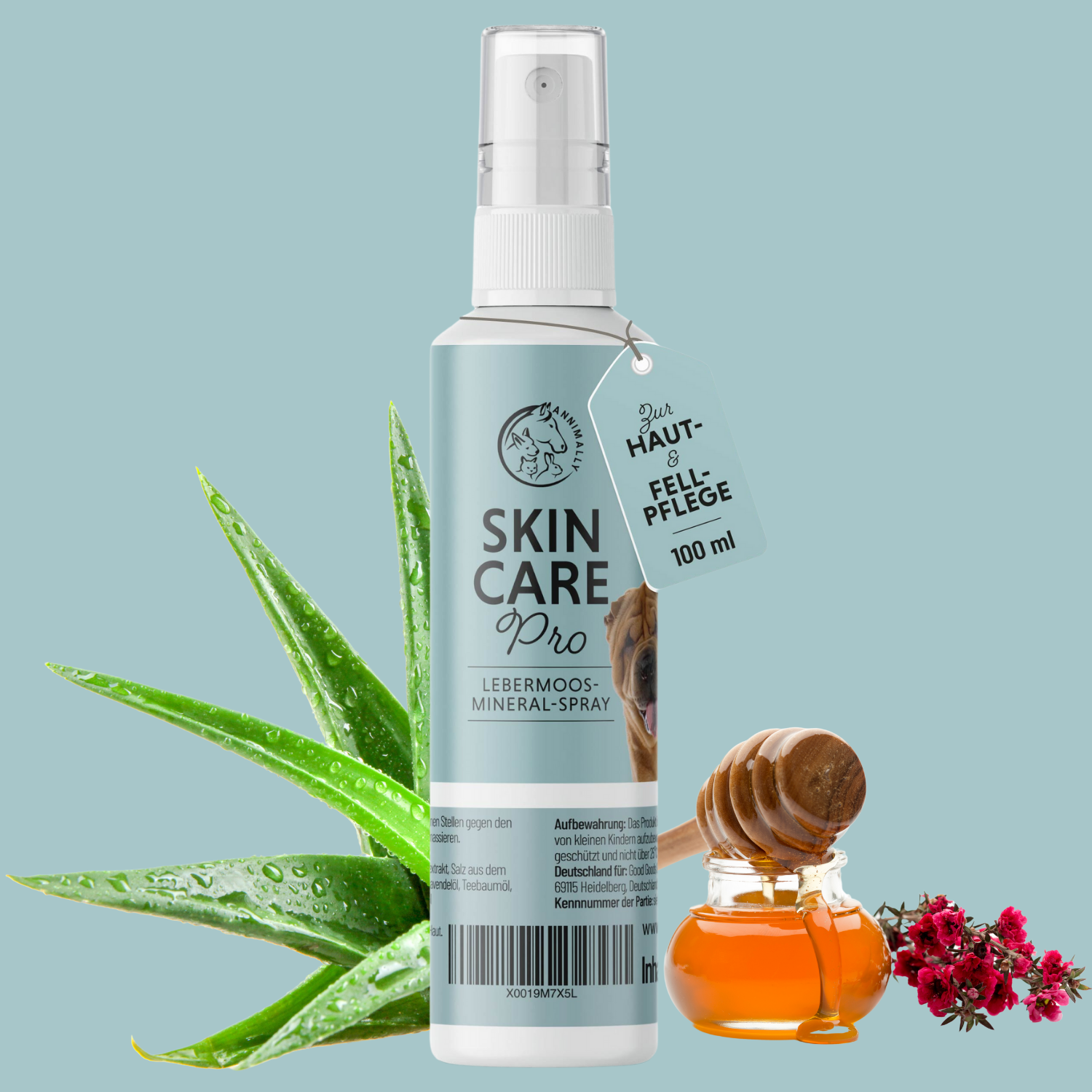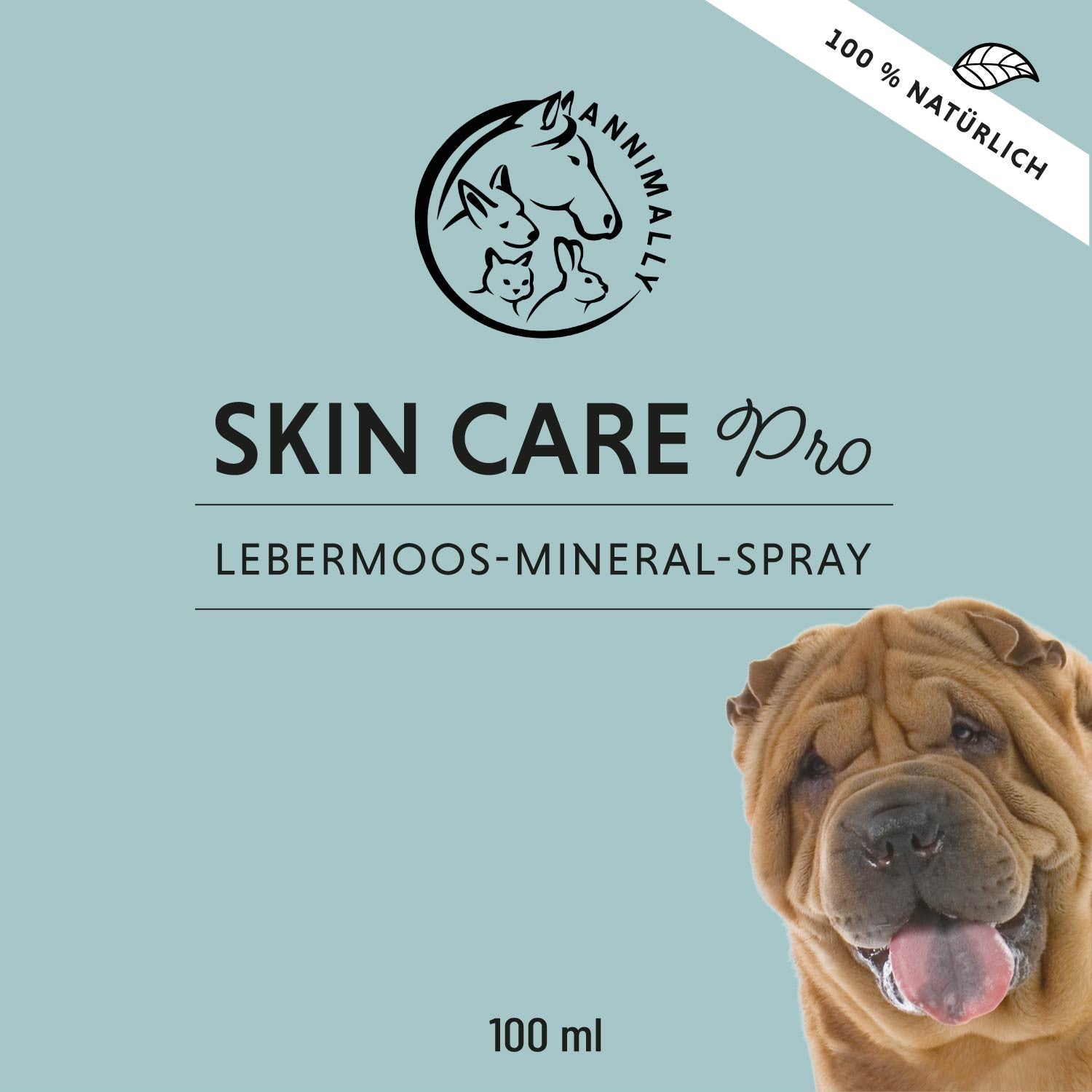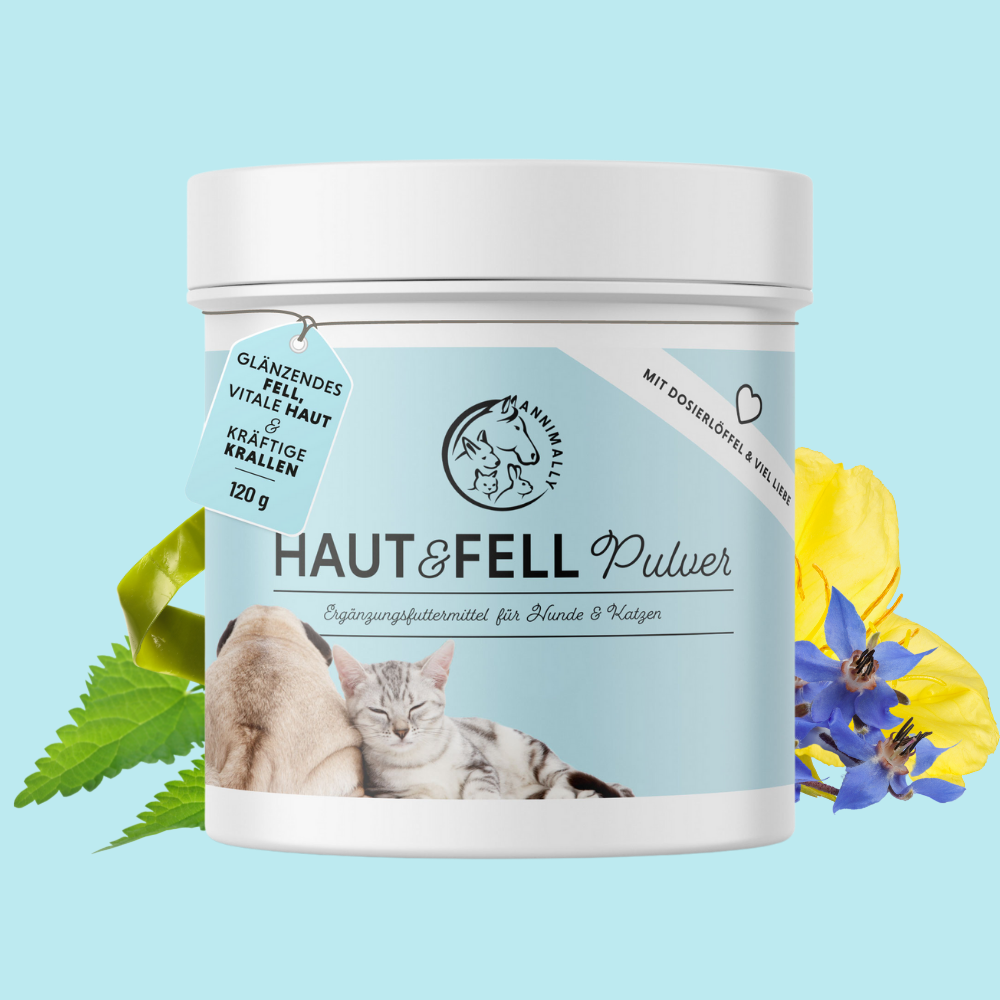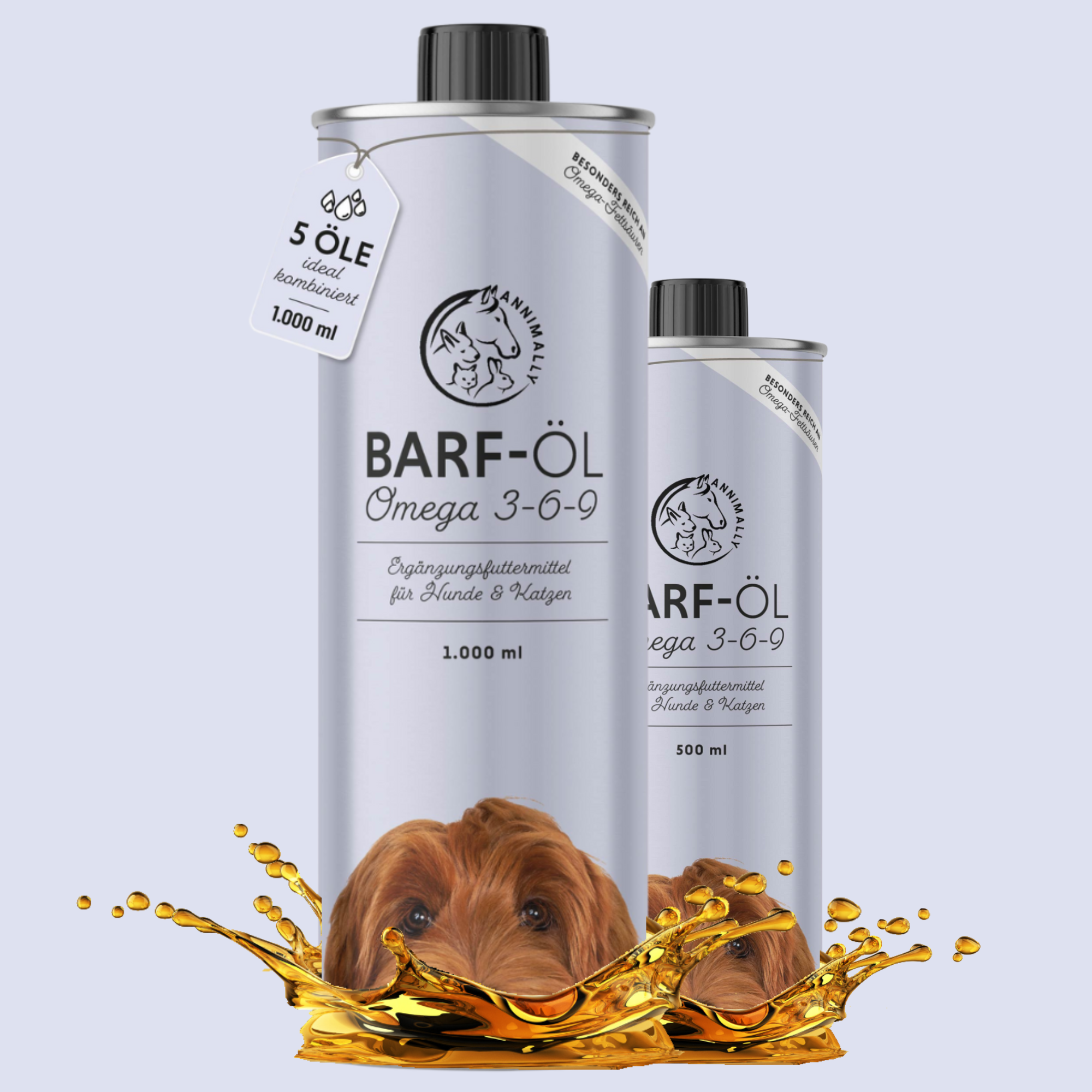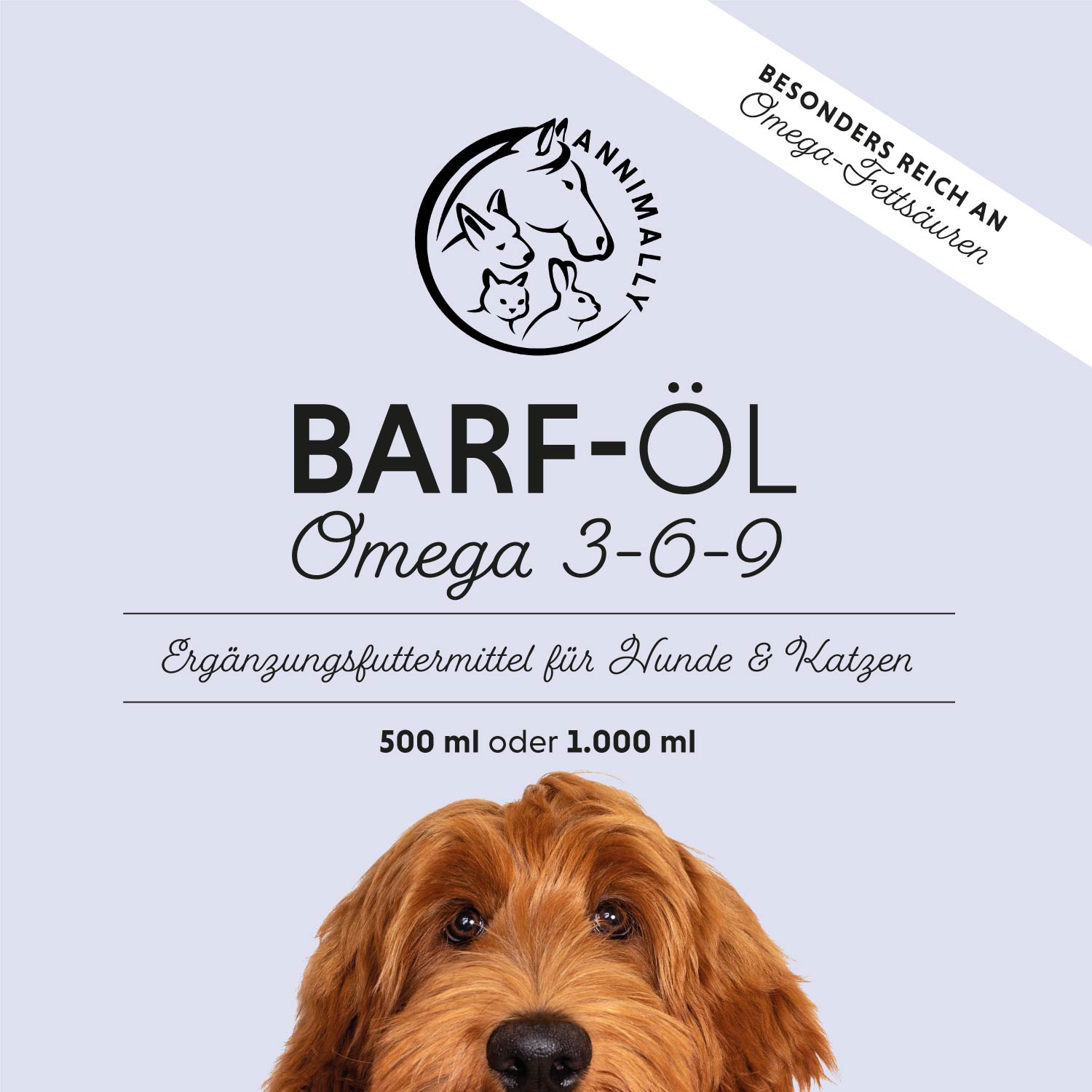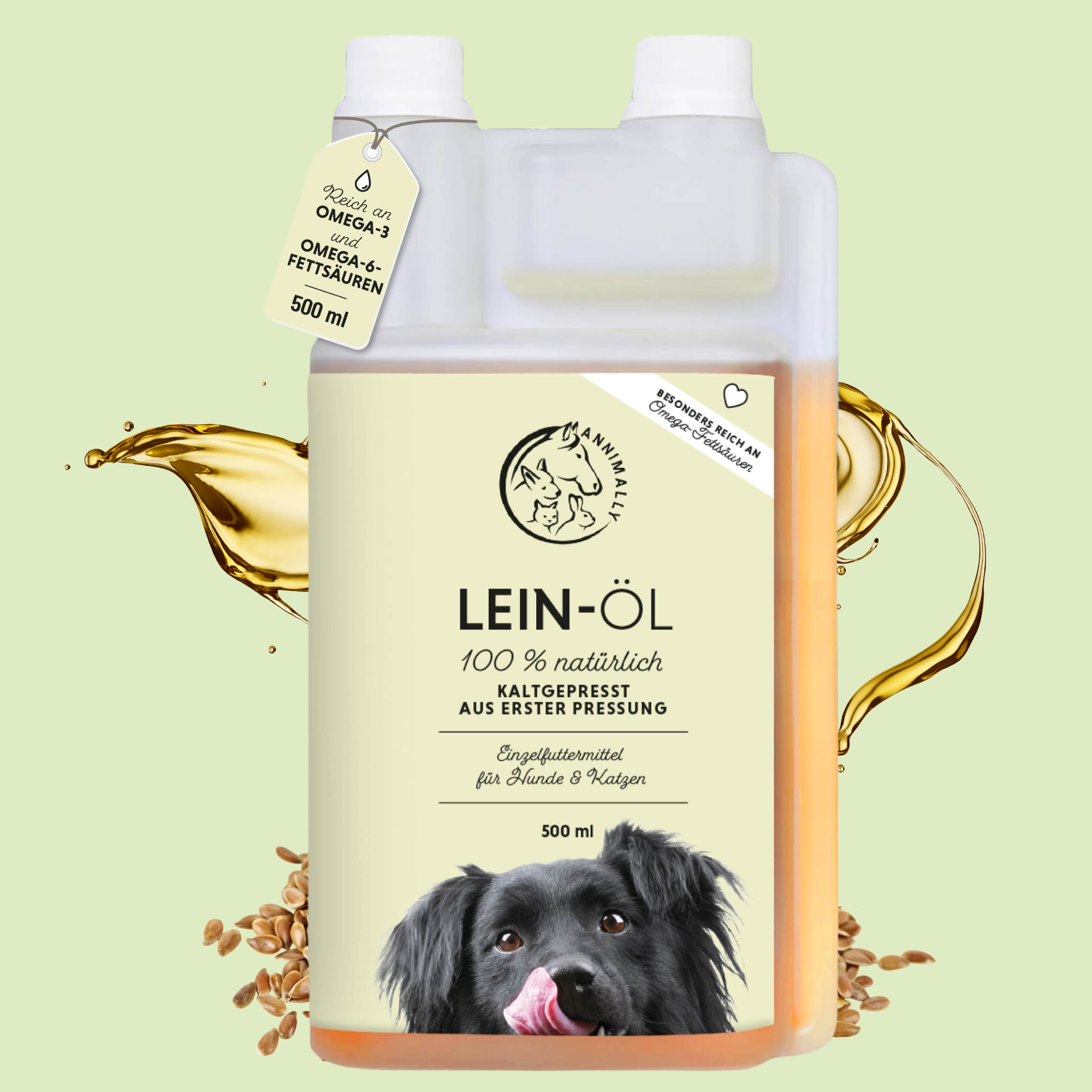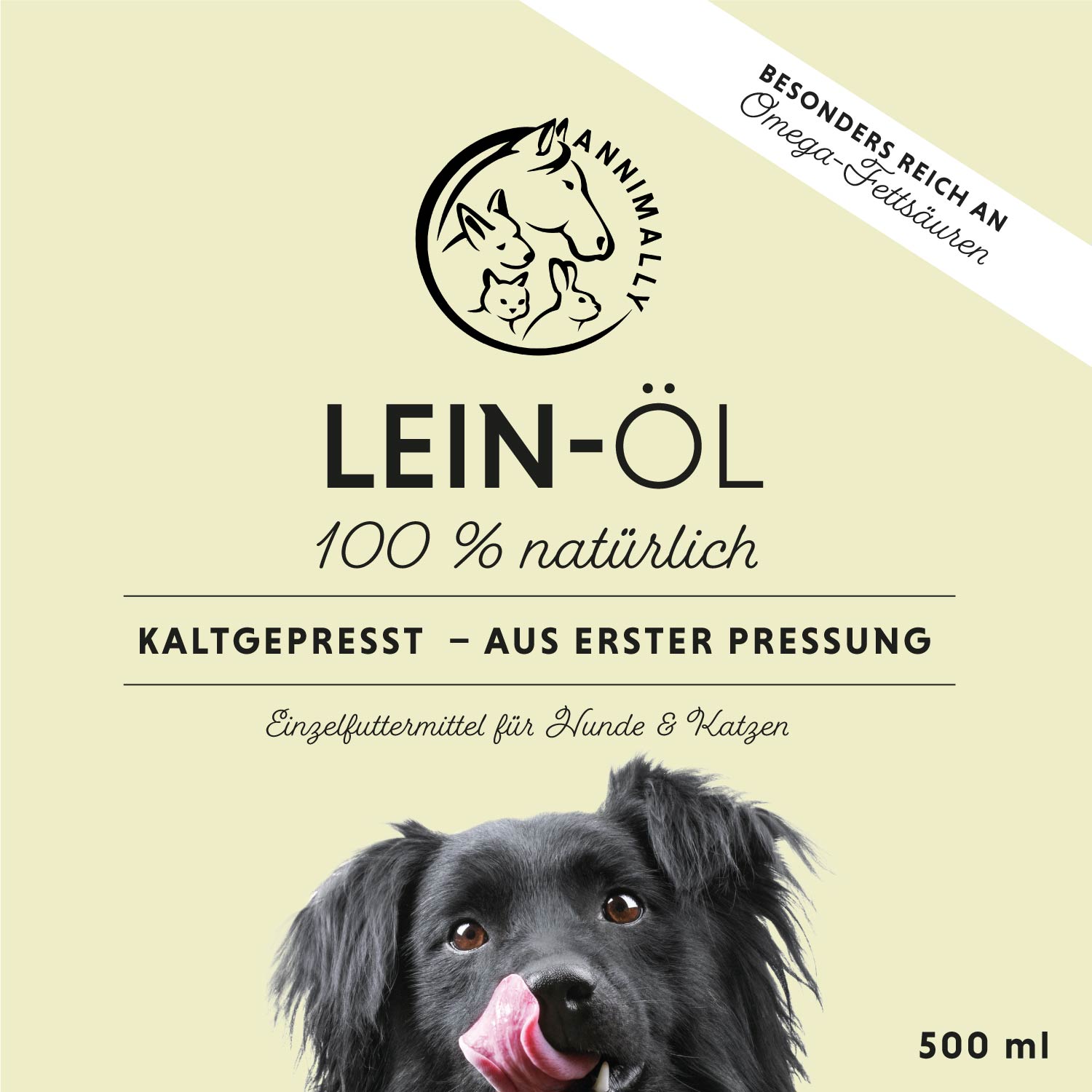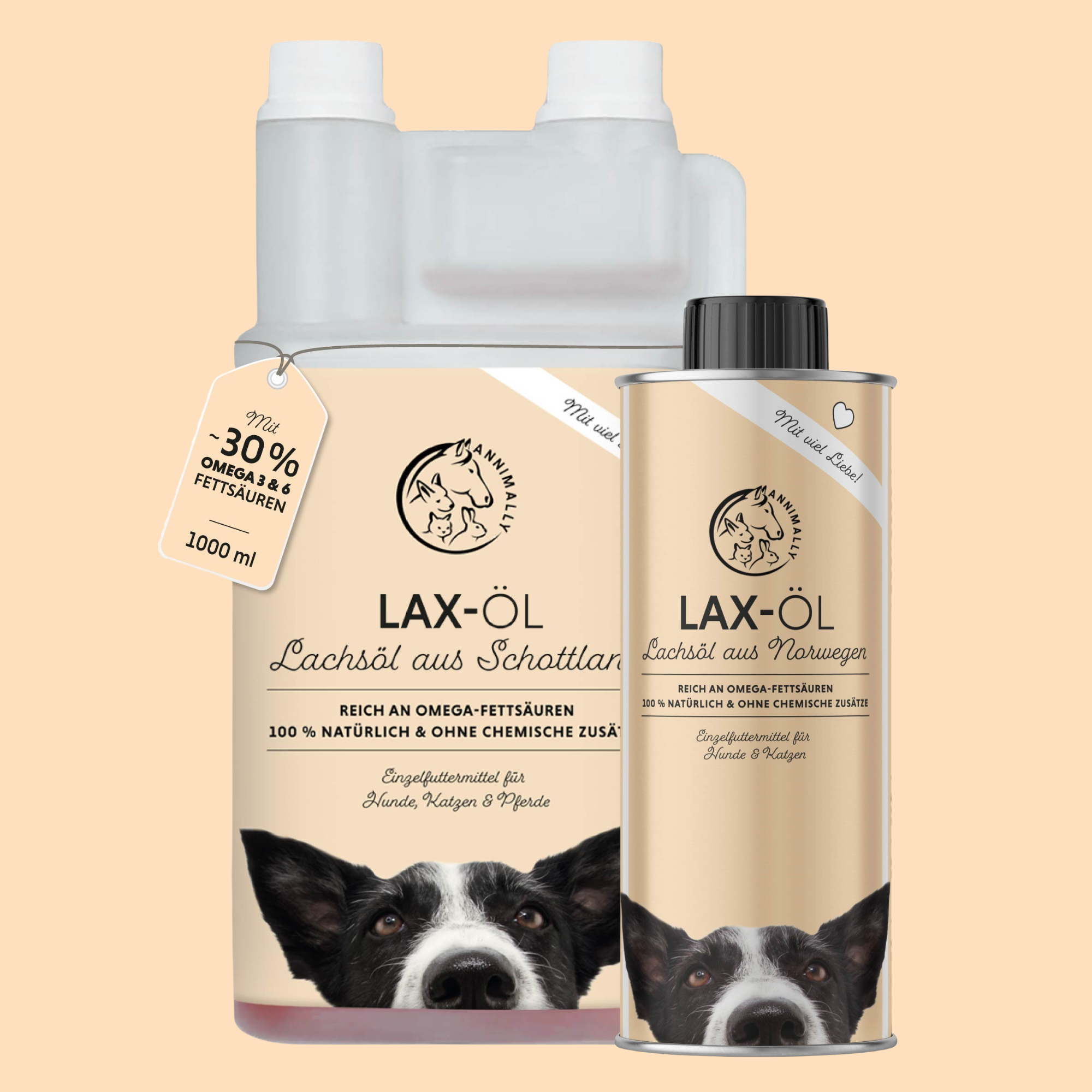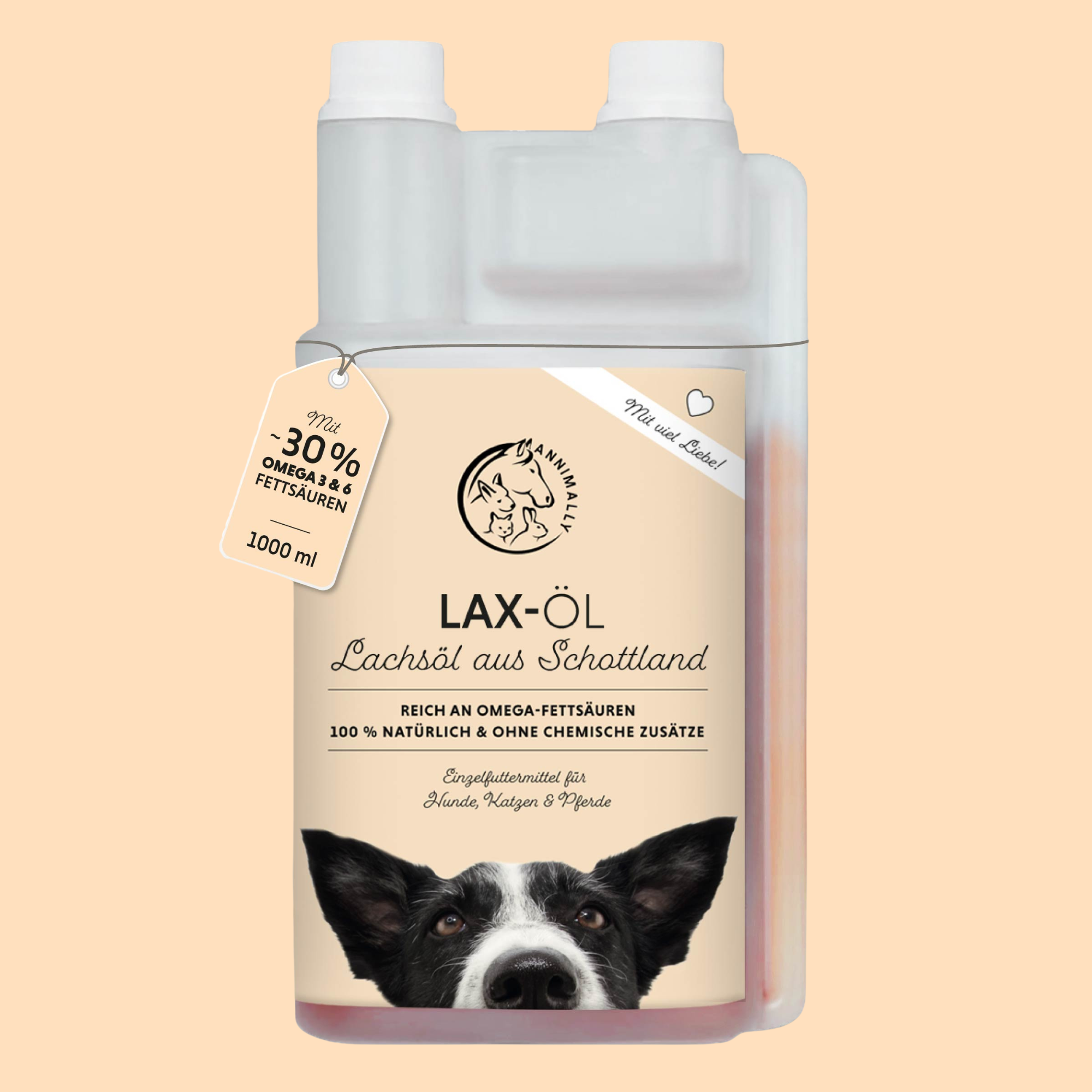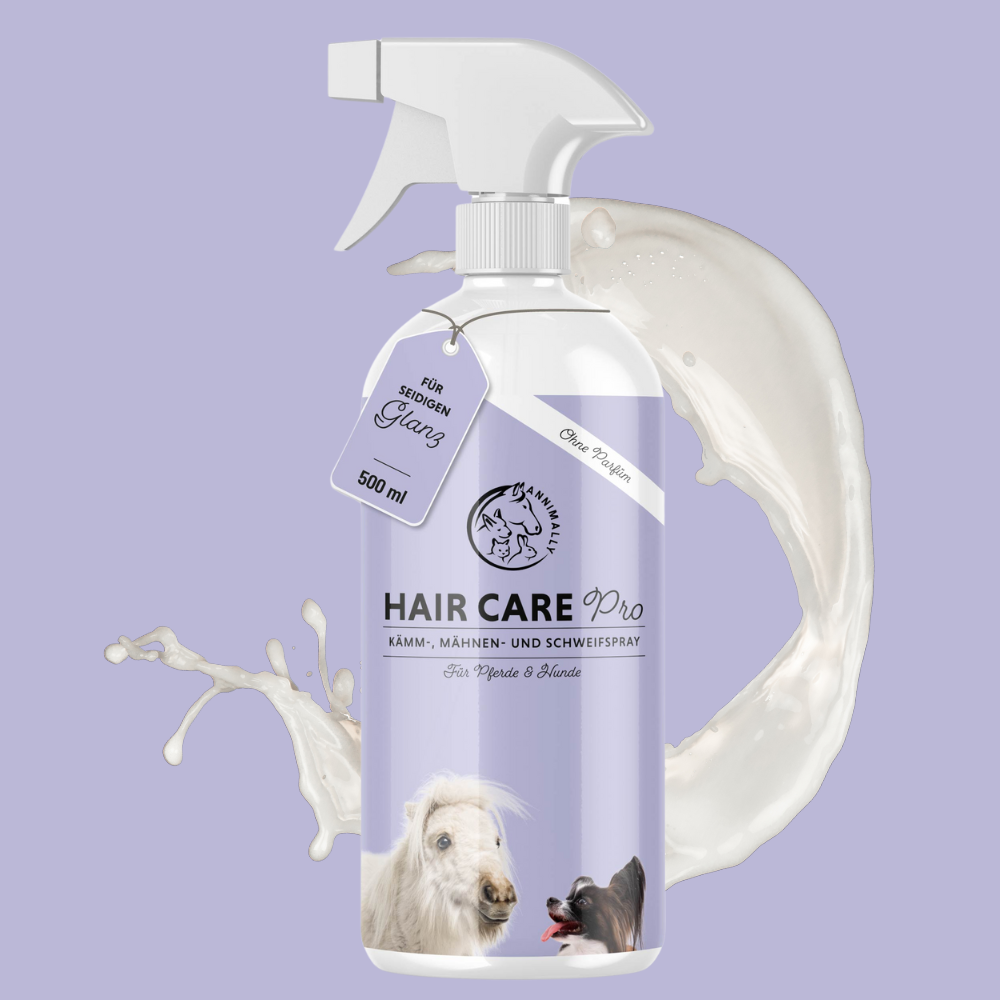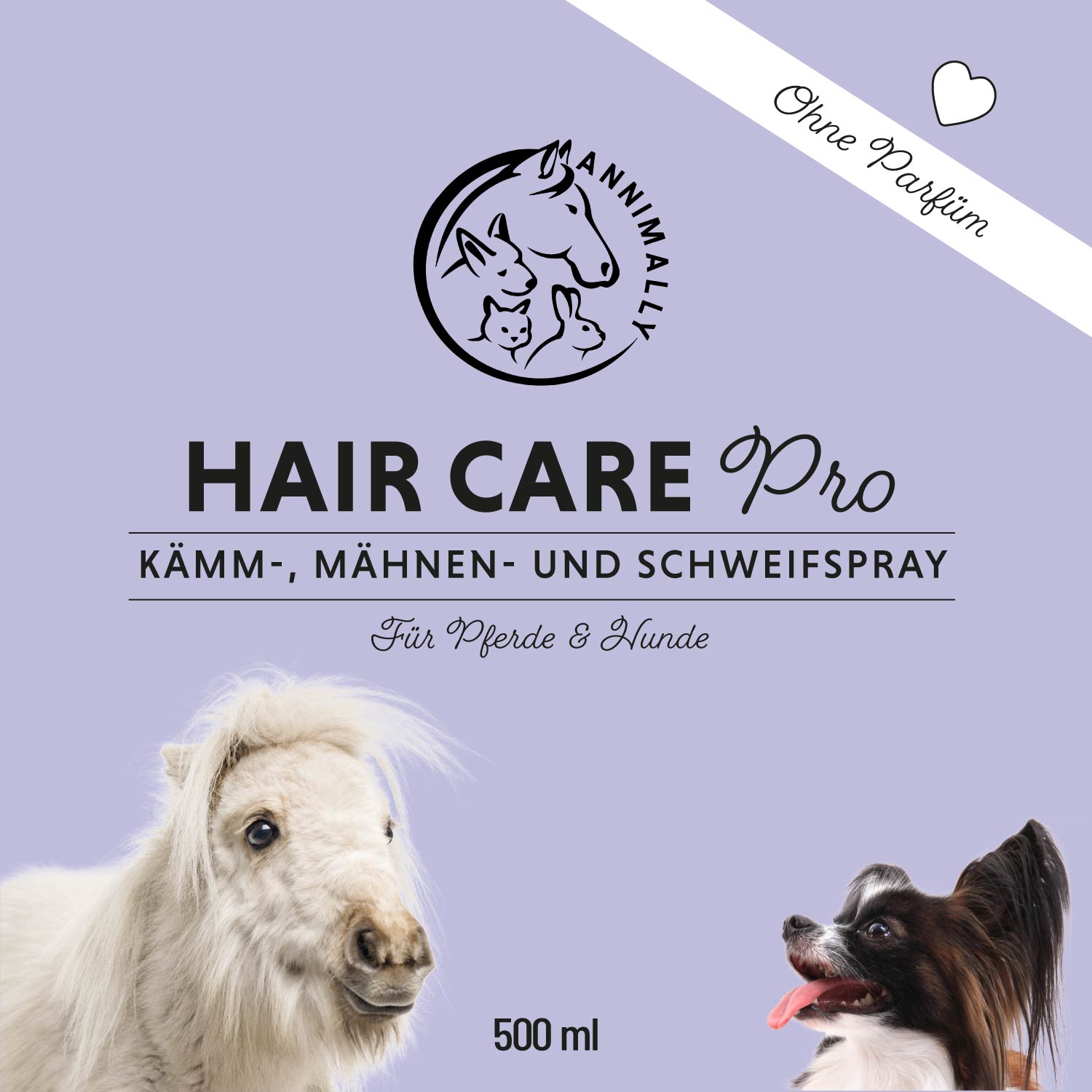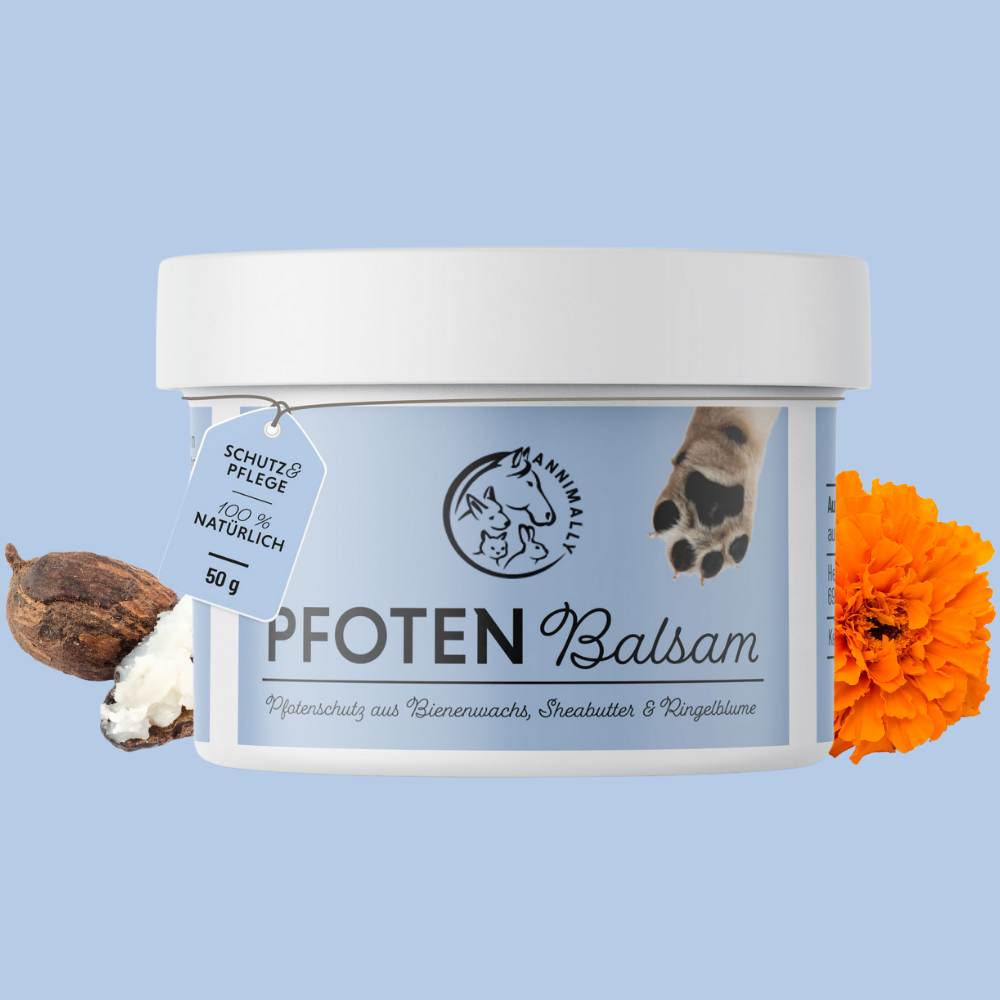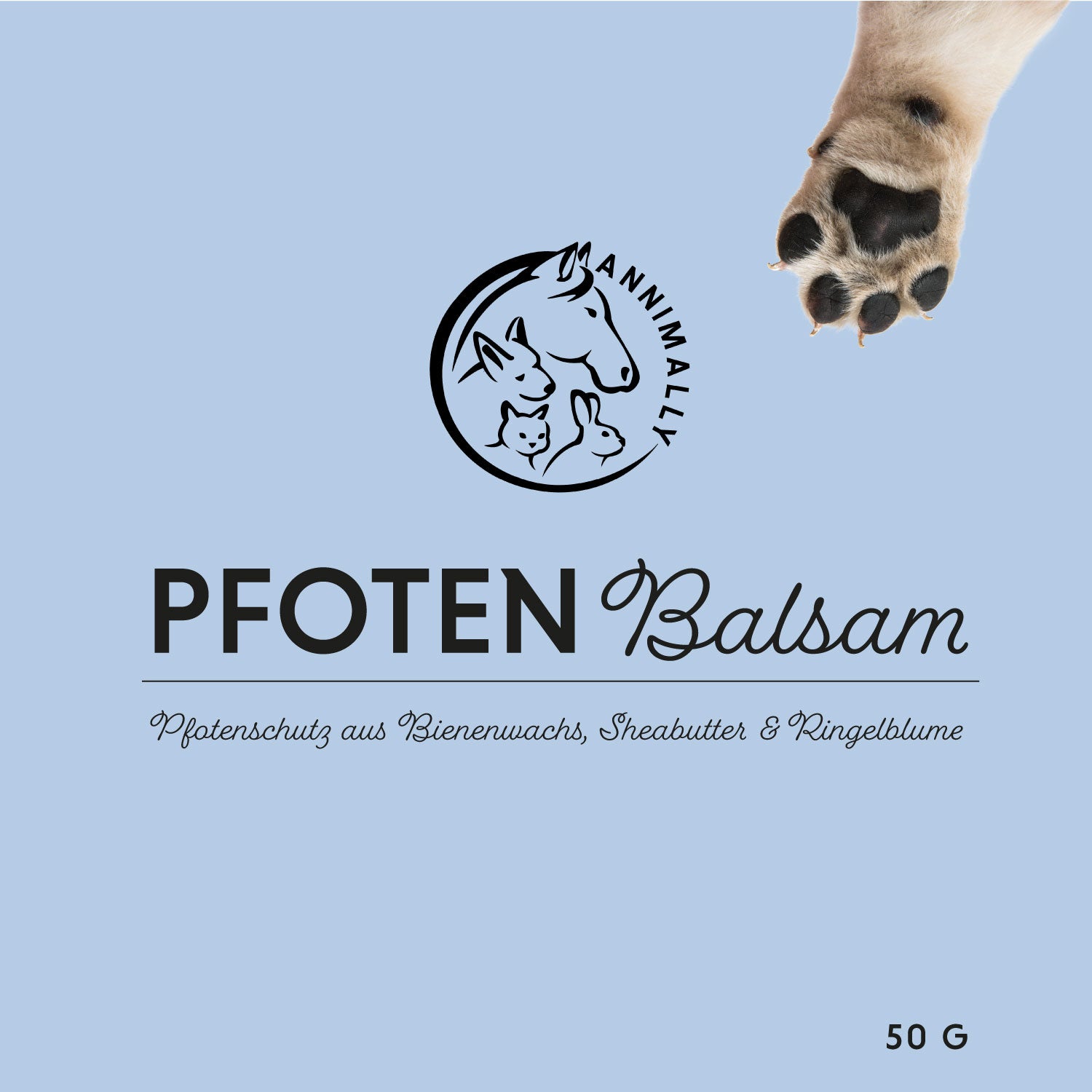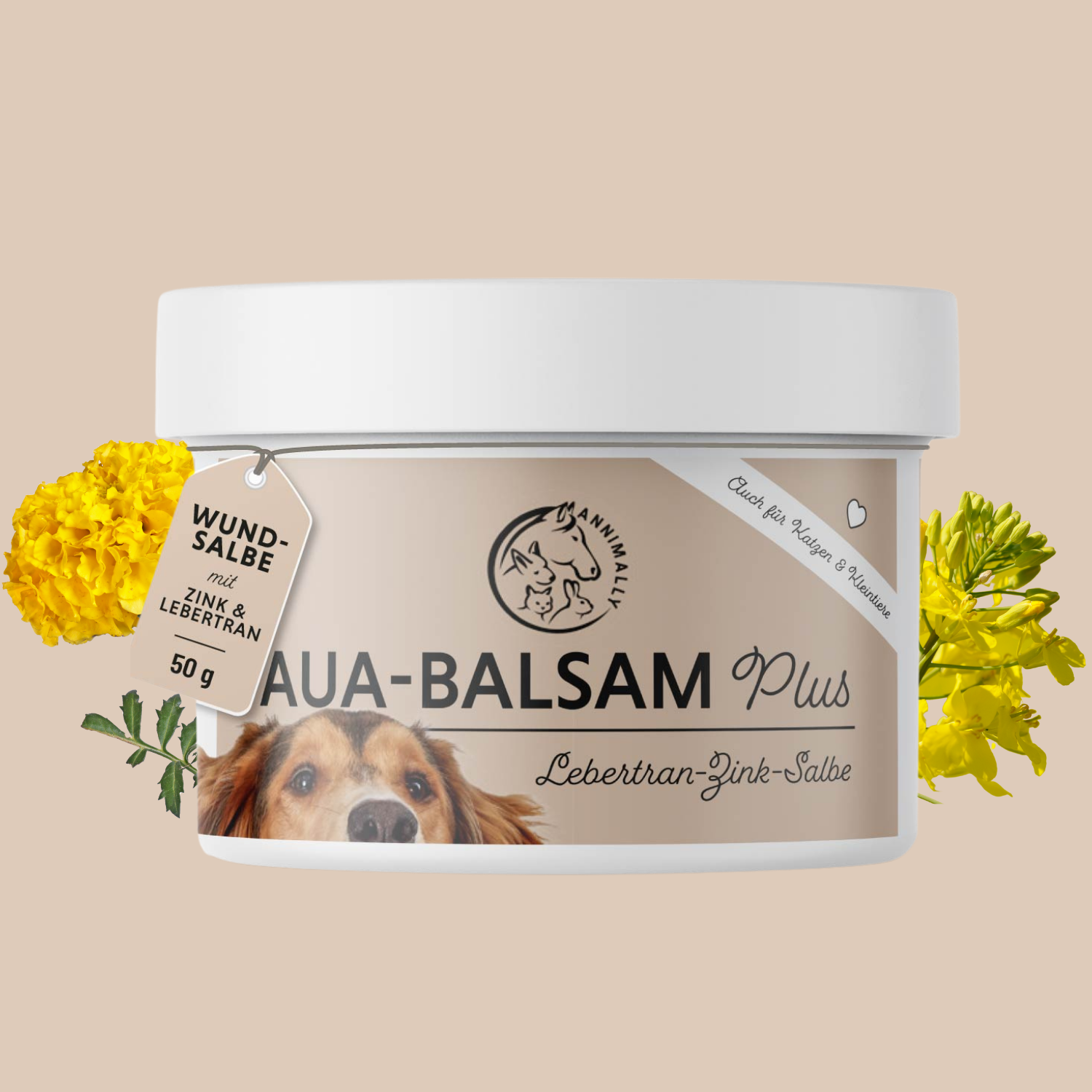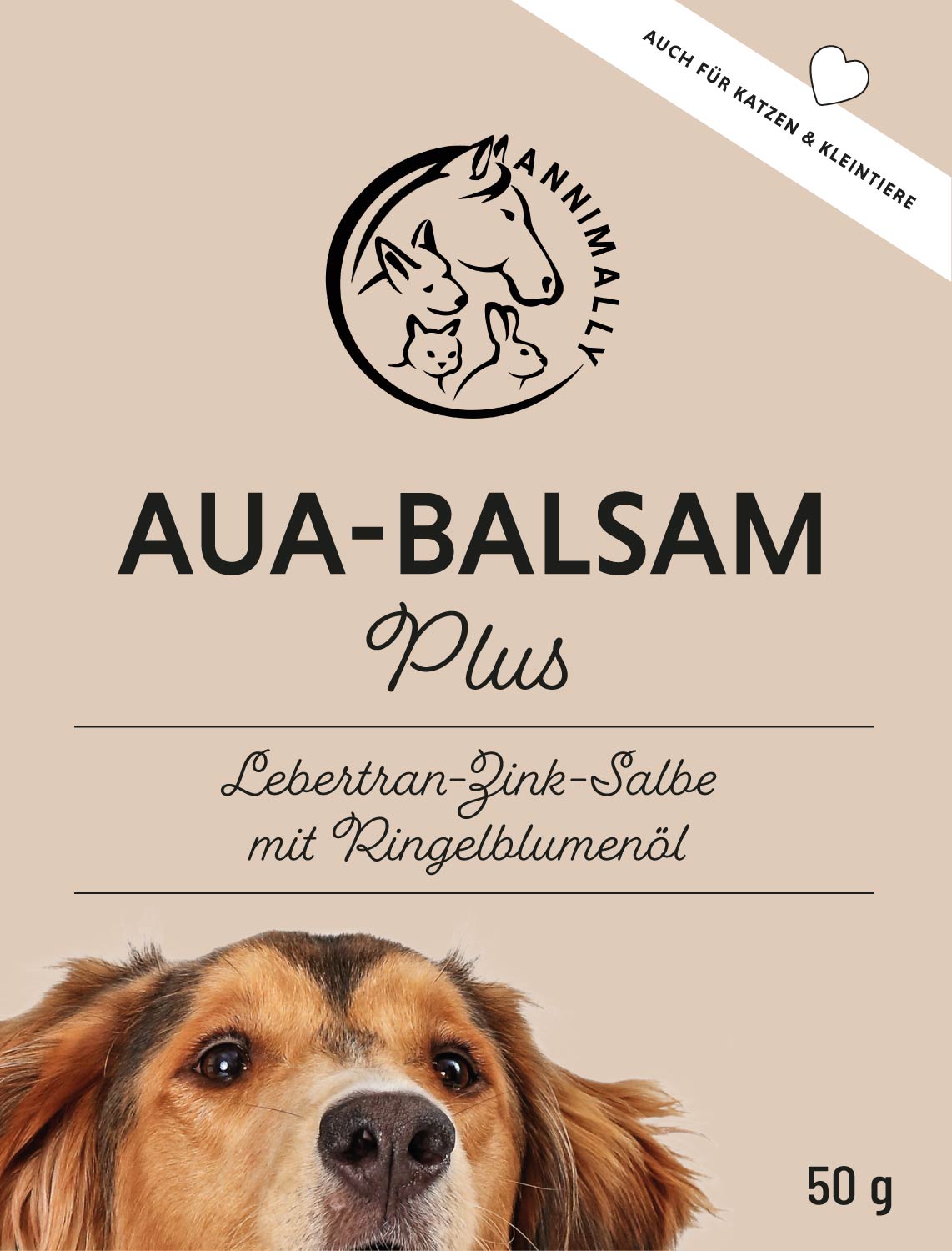Tea tree oil for dogs: Uses, precautions, and tips for dog owners
As a responsible dog owner, you want the best for your four-legged friend. Natural products like tea tree oil, extracted from the leaves of the Australian tea tree ( Melaleuca alternifolia ), are often touted as a remedy for various human ailments. But how safe is tea tree oil for dogs?
In this article, you will learn everything you need to know about its use, potential risks, and what you should pay attention to when using it.
What is tea tree oil?
Tea tree oil is an essential oil extracted from the leaves of the Australian tea tree. It possesses antibacterial, antiviral, and antifungal properties and is therefore widely used in natural medicine. In humans, it is used for skin problems, inflammation, and as an ingredient in skin care products.

Use of tea tree oil in dogs
The idea of using tea tree oil on dogs is a natural one. Some dog owners use it for:
-
Coat care : improving the condition of the skin and coat.
-
Treatment of skin problems : relief from inflammation, hot spots or fungal infections.
-
Parasite defense : protection against ticks and fleas.
Caution when using
Despite the potential benefits, caution is advised. Dogs are more sensitive to certain compounds in tea tree oil than humans. Improper use can lead to serious health problems.
Risks and symptoms of poisoning
If used improperly or overdosed, the following symptoms may occur:
-
Weakness : Your dog seems lethargic and shows little interest in his surroundings.
-
Vomiting : Frequent vomiting for no apparent reason.
-
Drooling : Excessive salivation.
-
Paralysis symptoms : difficulty walking or standing.
-
Coma : In the worst case, unconsciousness can occur.
These symptoms can occur within a few hours of use. If poisoning is suspected, consult a veterinarian immediately.

Why are dogs more sensitive?
Dogs cannot metabolize certain compounds in tea tree oil as effectively as humans. This means that even small amounts can be toxic. Small breeds and young dogs are particularly at risk.
Recommendations for dog owners
If you still want to use tea tree oil on your dog, follow these rules:
-
Dilution : Never use undiluted tea tree oil. Always mix it with a carrier oil such as coconut or olive oil. A ratio of 1:100 (1 drop of tea tree oil to 100 drops of carrier oil) is recommended.
-
Small amounts : Apply only a small amount of the diluted solution to the affected skin area.
-
Observation : Monitor your dog closely for possible symptoms after administration.
-
Do not administer orally : Tea tree oil should never be administered by mouth.
-
Avoidance in cats : Cats are even more sensitive to tea tree oil and can develop severe symptoms of poisoning.
Alternatives to tea tree oil
There are safe alternatives for caring for and treating your dog:
-
Coconut oil : Natural oil with antibacterial properties, suitable for coat care and as protection against parasites.
-
Aloe Vera : Soothes skin irritations and promotes healing.
-
Specially developed products : Use care products that have been specially developed for dogs and whose compatibility has been tested, such as our Skin Care Pro . It When used regularly, it supports and cares for your four-legged friend's dry and flaky skin.
Conclusion
While tea tree oil offers numerous benefits for humans, caution should be exercised when using it on dogs. The potential risks often outweigh the benefits. As a responsible dog owner, you should always keep your four-legged friend's well-being in mind and, when in doubt, opt for safer alternatives.
If you are unsure or if symptoms occur, always consult a veterinarian.


